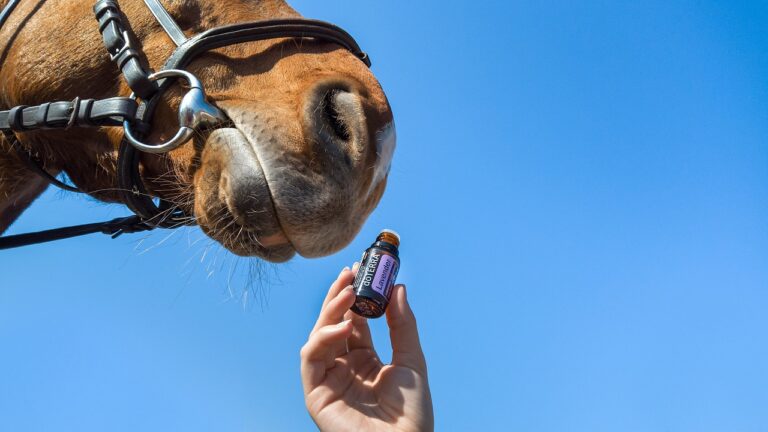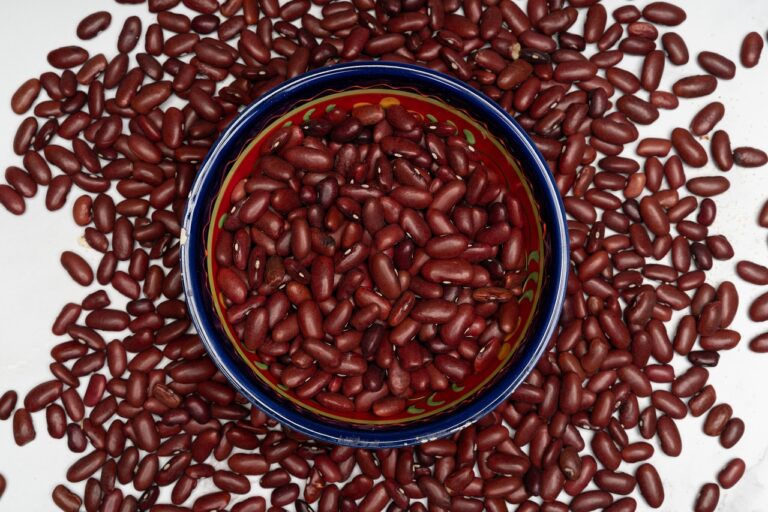Biotechnology Solutions for Enhancing Marine Protected Areas: Betbhai 9, Playexch, Gold365.win login
betbhai 9, playexch, gold365.win login: Marine protected areas (MPAs) play a crucial role in conserving marine biodiversity and ecosystems. With the increasing threats of climate change, overfishing, and pollution, it is more important than ever to enhance the effectiveness of these protected areas. Biotechnology offers promising solutions to improve the management and conservation of MPAs.
1. Introduction to Biotechnology in MPAs
Biotechnology refers to the use of biological systems, organisms, or derivatives to develop products or services. In the context of MPAs, biotechnology can be utilized to enhance monitoring, enforcement, restoration, and overall management of marine ecosystems.
2. Genetic Monitoring
One of the key applications of biotechnology in MPAs is genetic monitoring. DNA analysis can help researchers track the movement of species, identify individuals, and assess genetic diversity within protected areas. This information is invaluable for understanding population dynamics and informing conservation strategies.
3. Bioacoustics
Biotechnology can also be used for bioacoustics, which involves monitoring marine environments using sound. Acoustic devices can track the presence of marine species, assess habitat quality, and detect illegal activities such as poaching or dynamite fishing. This technology can greatly enhance surveillance efforts in MPAs.
4. Bioremediation
In cases where MPAs are impacted by pollution or habitat degradation, bioremediation techniques can be applied. Bioremediation involves using biological organisms to clean up contaminants and restore ecosystem health. Microorganisms, plants, and other biotechnological tools can help accelerate the recovery of damaged marine habitats.
5. Coral Restoration
Coral reefs are among the most biodiverse ecosystems on the planet, but they are also highly vulnerable to climate change and human activities. Biotechnology offers innovative solutions for coral restoration, such as coral propagation, genetic engineering, and assisted evolution. These tools can help restore coral populations and enhance the resilience of reefs in MPAs.
6. Sustainable Aquaculture
Biotechnology can also support sustainable aquaculture practices within and around MPAs. By developing genetically improved species, implementing efficient feeding strategies, and reducing the environmental impact of aquaculture operations, biotechnology can help alleviate pressure on wild fish stocks and promote responsible seafood production.
FAQs
Q: Is biotechnology safe for marine ecosystems?
A: When used responsibly and ethically, biotechnology can provide valuable benefits for marine ecosystems without causing harm. It is important to conduct thorough risk assessments and adhere to strict regulatory guidelines to ensure the safety of biotechnological interventions.
Q: How can I support biotechnology initiatives in MPAs?
A: You can support biotechnology initiatives in MPAs by staying informed about the latest research and advancements in the field, advocating for sustainable conservation practices, and participating in citizen science activities to monitor marine biodiversity.
In conclusion, biotechnology offers a range of innovative solutions for enhancing marine protected areas. By harnessing the power of biological systems and genetic technologies, we can better understand, protect, and restore marine ecosystems for future generations. Let’s continue to explore the potential of biotechnology in advancing marine conservation efforts.







